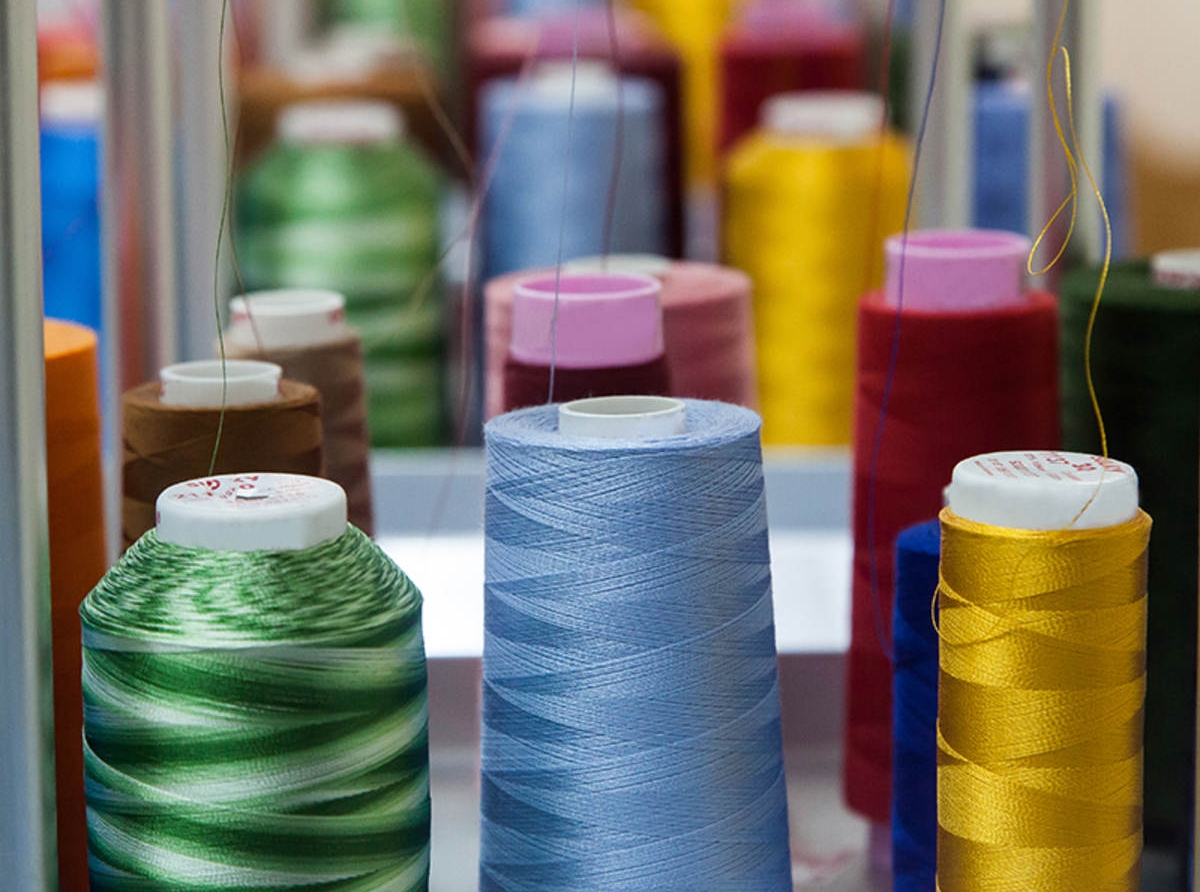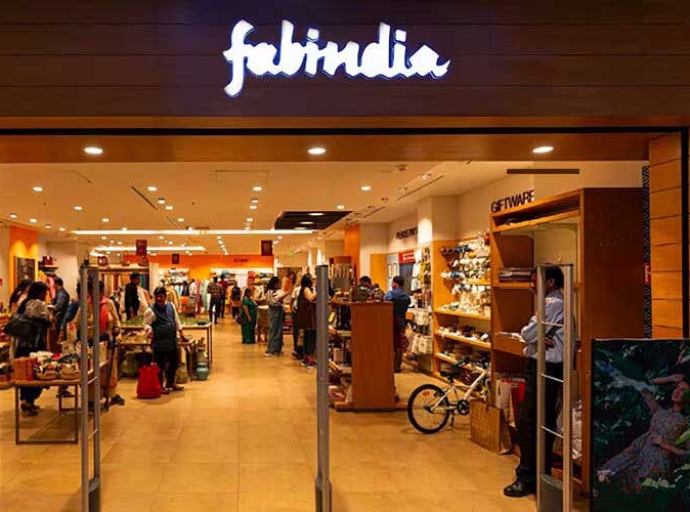17 September 2022, Mumbai:
In the globalized world arguably this is the common ask/aspiration free access to clean air and water; economic affluence; greener, safe, and healthy planet place. The question we should be asking ourselves is what do we leave for posterity?
Let us indulge imaginatively in the universal debate of what our tangible expectations of a sustainable community are built around the foundation of a peaceful and healthy planet for humanity; sensitive to the real-life concerns, threats viz climate change, income inequality, and social injustice globe currently are grappling with. More particularly how to overcome these odds we are stacked with defining our current priorities.
In the case of The Textile Industry, there is an imperative need of taking a close look at the journey of 'Input Materials to the Final Product' a holistic net zero *LCA (Life Cycle Assessment) from Pre-Production to Post-Production entailing Post-consumer waste.
The price of fast fashion
Dwelling straight into the debate of what fast fashion is; it stimulates fashion retailers to augment apparel/clothing production. The caveat here is Apparel/Clothing developments can be shorter turnaround/cut down timelines for the catwalk to stores' placement & introduction. Many times leading to cutting corners/compromises like the utilization of cheap material within the production process, paving way for an affordable end product yet maintaining workable profit margins.
It has to be seen from the lens of and in the context of what fast-fashion spurs i.e. water consumption, chemical pollution, carbon emission, and the utilization of vulnerable citizens as highlighted by researchers from the University of Manchester through the Nature Review Earth and Environment 2020.
Slow fashion
An approach to making an extra point here is that it is all about spending more time on apparel development, design, and process-wise, aiming to attain apparel that stands for quality & its enduring value. A manufacturing process that takes a conscious & holistic cognizance of how well the supply chains are aligned and in doing so aims at respecting & be ethically responsible to people, the environment, and animals to all the stakeholders.
Addressing the Post-consumer waste aspect
There is a tendency to everything is fine but we need to recognize that there is a problem of sustainability issues in the textile and apparel/clothing industry that has gone beyond just using organic materials and efficient processes.
The narrative today is to totally overhaul building & developing a robust framework for Post-consumer waste management. Increasingly, what is unique in pushing the sustainability agenda visibly is that greater attention is being paid to waste management. And what gives heart is many NGOs/social enterprise organizations are starting to come forward & seeing the advantages of establishing a waste reduction program to make a difference in and around us.
What it takes to be Sustainable
The article gives valuable trade insights and lets readers 'Learn more about the textile industry´s environmental impact'; Deals with trade-offs create credible alternatives to fast fashion in day-to-day life. The initiative aims to propagate and romanticize the use of green and clean energy in the sector to take enormous strides in the pursuit of a sustainable future.
Playing the devil's advocate here that the time clock is ticking and it is evident that the textile trade has to do course correction so that multi-stakeholders & long global supply chains align with the overarching need and theme of the day that "Sustainable is attainable".
*LCA in a sector in which sustainability overhang persists is used to measure the opportunity of efficiency on the environmental metrics as in impact assessment of textile products, from the raw material stage through fibre processing, textile mills entailing manufacture, distribution, and use, to textile waste disposal recycling and whatnot.
Join our community on Linkedin
Latest Publications


































